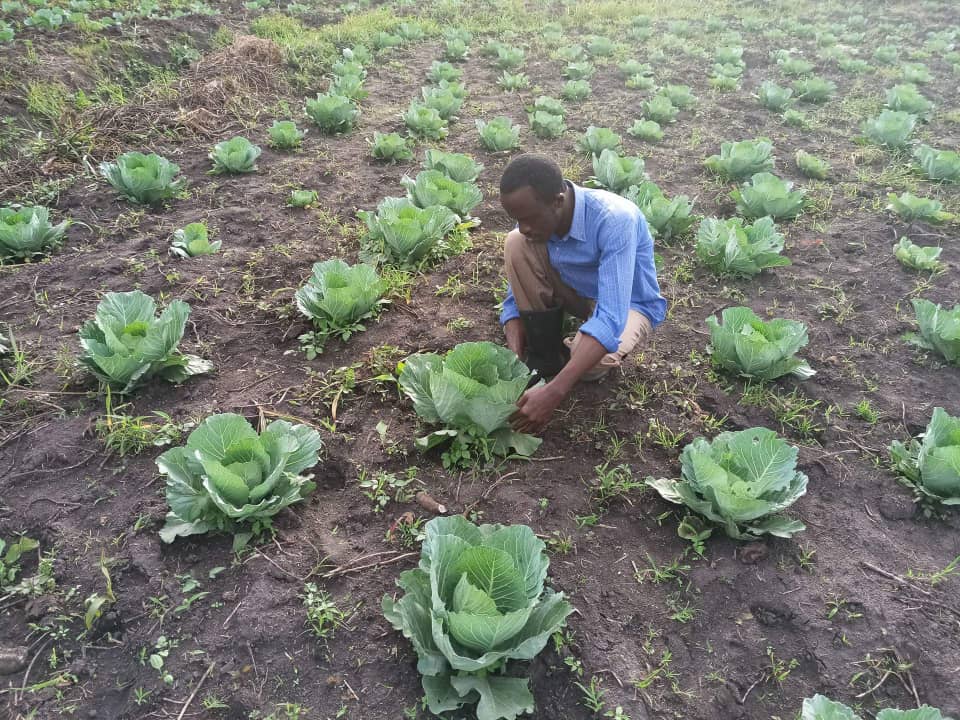
The Power of Small Kitchen Gardens
A small kitchen garden may seem like a simple idea, but it has the potential to bring big changes to families and communities. By using just a little space around the home—whether in the backyard, along fences, or even in recycled containers—families can grow vegetables, fruits, and herbs that improve both health and wellbeing.
Kitchen gardens provide fresh and nutritious food, reduce household expenses, and promote healthy eating habits. They also encourage families to rely less on market food, which is often expensive or unavailable, especially in rural communities. Beyond food, these gardens build a sense of responsibility, patience, and connection with nature.
How to Start a Small Kitchen Garden
- Choose Your Space – Identify a sunny spot in your backyard, along a fence, or even on a balcony. You can also use sacks, pots, or recycled containers if land is limited.
- Prepare the Soil – Good soil is the foundation of a healthy garden. Mix soil with compost or organic manure to make it fertile.
- Select Easy Crops – Start with vegetables that grow quickly and are commonly used in meals, like spinach, tomatoes, onions, carrots, or beans.
- Water Regularly – Keep the soil moist but not waterlogged. Morning or evening watering is best.
- Care and Maintain – Weed regularly, add compost when needed, and protect plants from pests naturally (like using neem leaves).
- Harvest and Replant – Enjoy your fresh food! After harvesting, replant to keep your garden productive year-round.
At Giving Heart Foundation, we believe kitchen gardens are more than just about food—they are about empowerment, resilience, and sustainability. Every seed planted is a step towards food security and a greener future for our communities.
Be part of our project, start a kitchen garden at your home today.




